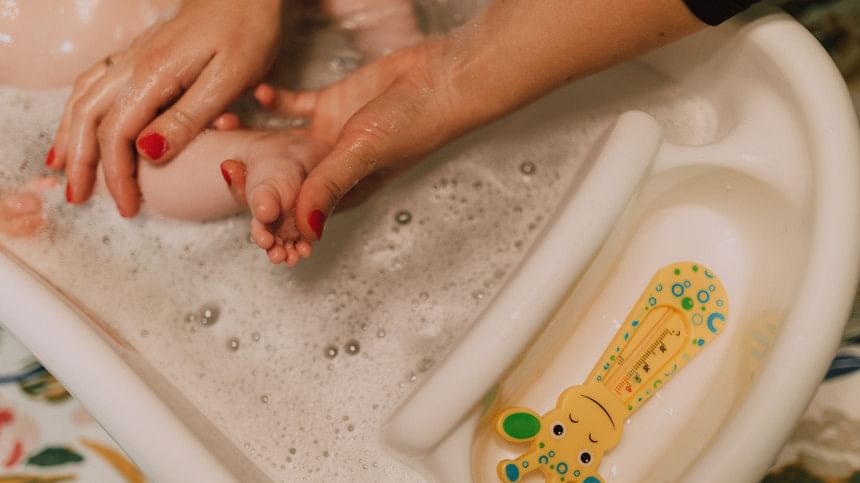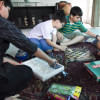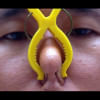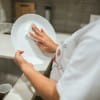Get your children excited about washing

Hygienic practices begin at home. When it comes to children, what they eat, play with, and the products they use on their bodies are things that parents need to look over. Additionally, we want to ensure that our children can develop the habit of frequently washing their hands, using soap while taking a bath, and other similar hygiene habits. It can be tricky at times as these habits seem tedious to children and not something they can enjoy. However, there are ways to install these habits in them by creating fun routines.
First of all, children are more likely to adhere to any habit once they understand its importance. Taking some time to properly explain to them why washing their hands regularly and using body wash or soap during bath time is important, will encourage them to do so. Next, teach them how to and make it easy. For instance, provide them with a simple routine of washing up like:
Step 1: Get wet and soapy
Step 2: Rub the soap all over
Step 3: Rinse with water
Step 4: Dry yourself with a towel
It might be worth having a small piece of paper with the steps written close by so they can learn to do this themselves as a game. Additionally, your children could have trouble simply reaching the sink or faucets. It is wise to buy a child-safe stool or step that they can use instead of placing the basin at the child's height. Be sure to ensure that the soap or body wash is accessible and within their reach as well.
There are many ways to make bath time and hand washing enjoyable for kids in order to encourage them to develop these habits and become excited about them. A smart place to start is by using soap in the shape of characters or coloured soap. Another entertaining method is to teach them the process using rhymes. For example:
Twinkle, twinkle little star
Look how clean my two hands are
With soap and water, wash and scrub
Got those germs off, rub-a-dub-dub
Twinkle, twinkle little star
Look how clean my two hands are!
There are many other rhymes available on the Internet that might help make this habit easier for children to learn. In this way, it helps integrate such practices into their routine instead of making it a chore that they are more reluctant to fulfil.
What might encourage them even more is a reward. It is not always necessary to reward good behaviour with gifts or snacks. Your child may benefit from a straightforward star system where each time they wash their hands, they receive a sticker. Perhaps the only incentive children require is your congratulations and acknowledgment.
Overall, as they grow older, these habits will slowly become a part of their daily routine and they will continue doing these things without any monitoring. Besides, proper cleanliness and hygiene habits are necessary for everyone in the family to protect themselves from germs and diseases. It might be a little time-consuming to get the little ones accustomed to these practices, but it will benefit them and everyone around them with a healthier lifestyle.

 For all latest news, follow The Daily Star's Google News channel.
For all latest news, follow The Daily Star's Google News channel. 








Comments